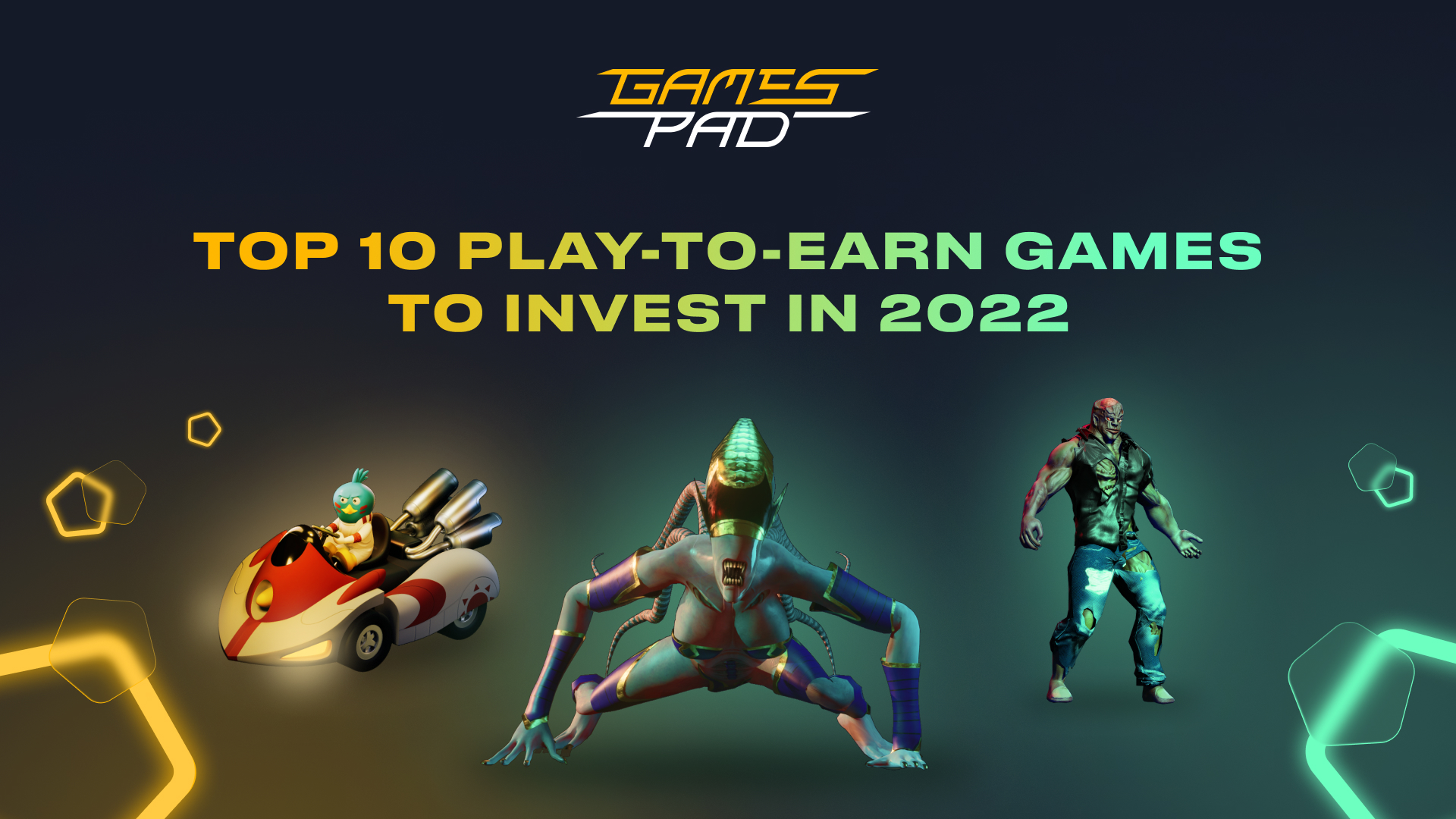
lay-to-earn games are becoming increasingly popular as a form of entertainment and investment. These crypto games allow players to earn digital assets while having fun, making them a great way to make money in the digital world. With more developers creating play-to-earn games each year, 2023 promises to be an exciting year for gamers looking to invest in cryptocurrencies and other digital assets.
In this article, we will explore some of the most promising crypto games that could generate huge profits for investors in 2023. From blockchain strategy games to NFT collectibles, there is something for everyone when it comes to investing in play-to-earn gaming and top play-to-earn crypto games!
Play-to Earn game is a free-to play game that allows players to earn in-game currency through playing the game, completing missions and other activities. The game is also known as P2E, and offers rewards in the form non-fungible tokens or cryptocurrency assets.
In short, play-to-earn games reward players with in-game currency when they complete activities such as battling, breeding their in-game characters, or performing quests. Later, the in-game currency can be traded for NFTs or cryptocurrencies. This is huge part of GameFi infrastructure.
Play-to-earn games come with many incentives, so the players keep playing them endlessly. Besides its monetary rewards, P2E games have also gained popularity for the NFTs generated in the game, which in some cases, gained value outside the game and made some extra money for the players.
There are two ways to invest in play-to-earn games: in their early-stages development phase and as a player.
To invest in a play-to-earn game project in its development phase, you can participate in the Initial Game Offering of a particular project and buy a sum of its tokens. IGOs take place in launchpads like GamesPad, where you can join the most profitable projects through a secure platform.
As a player, you’ll be investing in the game when you buy tokens and assets to start playing, or if it’s a free-to-play game, you’ll be helping to increase the token value by moving it in the game.
Cyberium offers a next-level competitive player-versus-player experience with a futuristic pool simulator. Players must show their pool skills to earn ESPN and can later trade it for other valuable cryptocurrencies.
Taunt Battleworld is an auto-battler fighting game built with Unity on the Ethereum network. By winning battles and earning the Gods’ favor, users are rewarded with the TAUNT token.
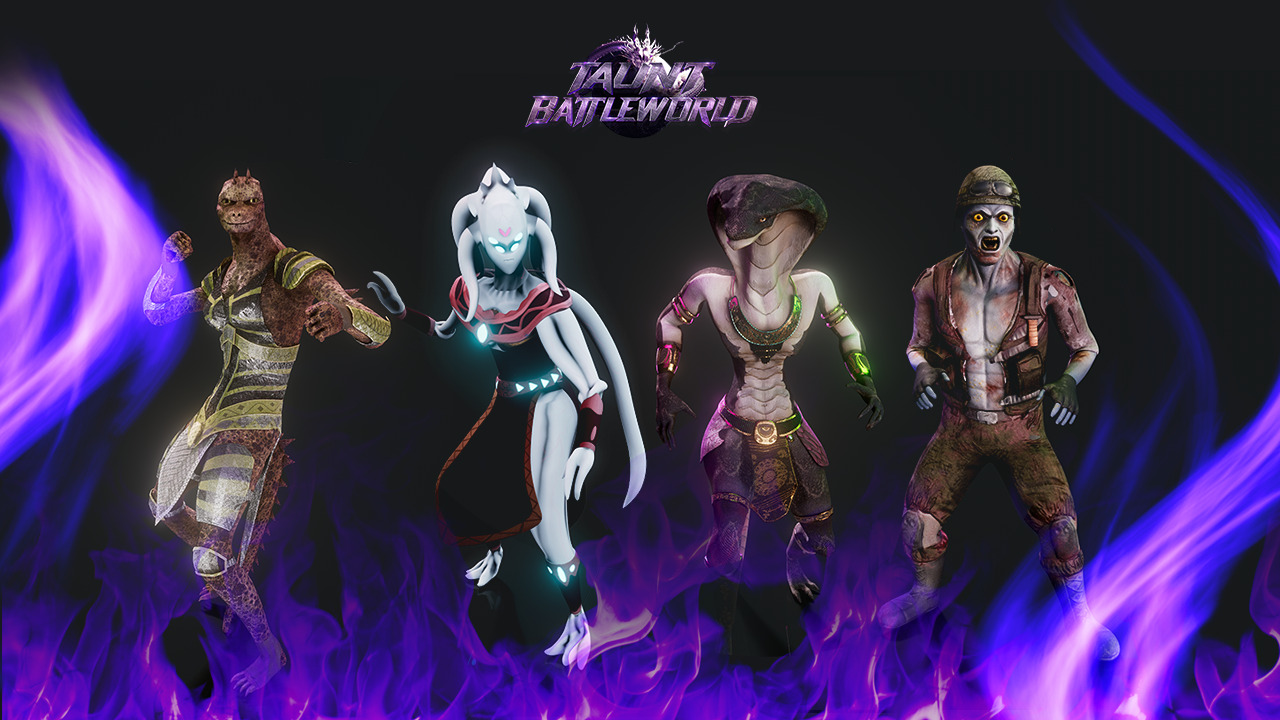
Set in a sci-fi scenario, Outer Ring is an MMO role-playing game where players must choose races and factions to run the galaxy. It offers a metaverse-like virtual reality, where users can play and attend exclusive events.
Inspired by arcade classics such as Street Fighter, this skill-based play-to-earn fighting game is all about fun and nostalgia. Its token can be used to buy in-game assets or can be traded on crypto exchanges.
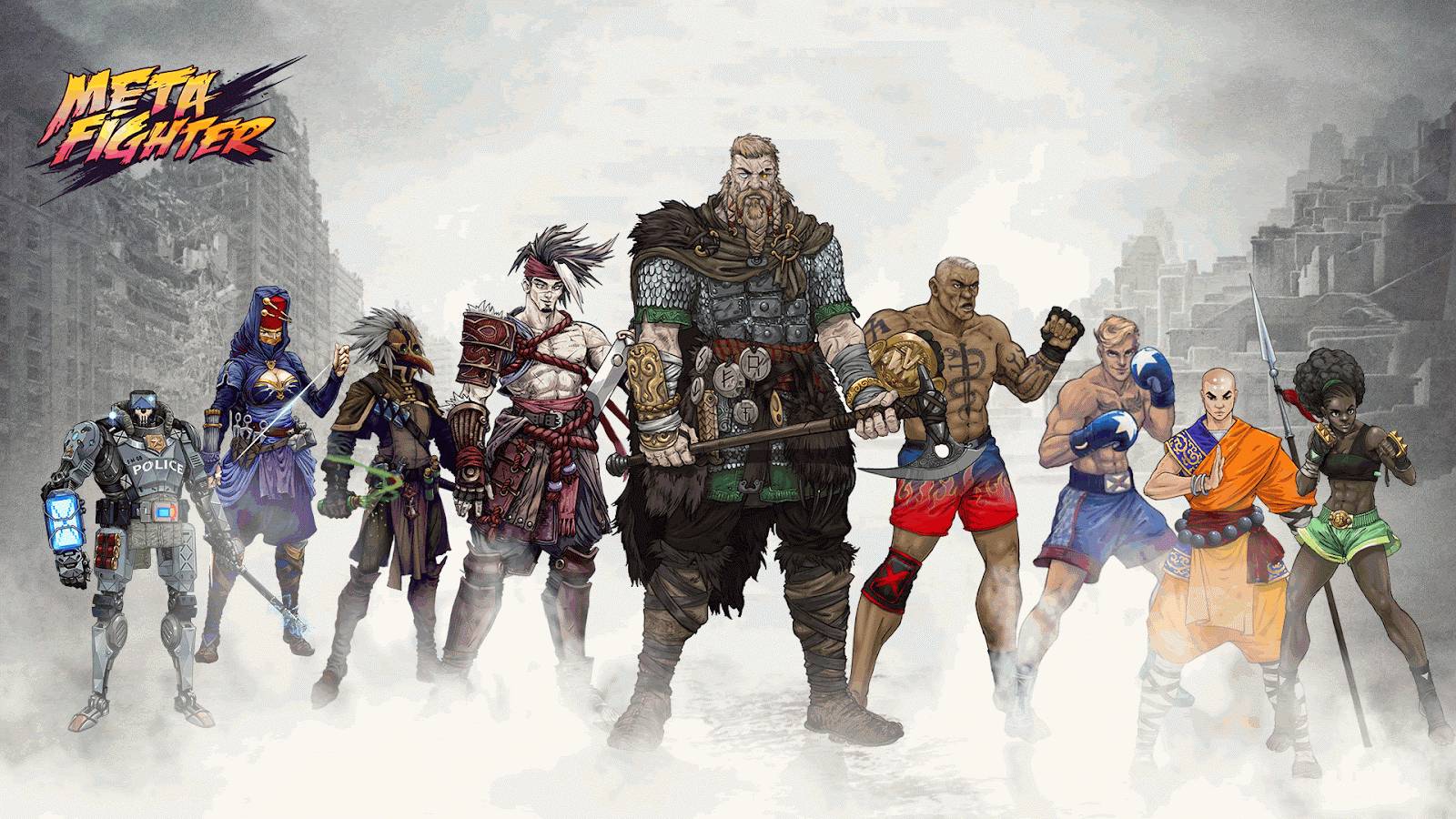
Penguin Karts is a blockchain-based battle-racing 3D multiplayer game. Like the classic Mario Kart, it combines the best elements of arcade-style kart racing, mobile gaming, and play-to-earn NFT dynamics.
In this game, players must control crops against enemy creatures to generate Light Energy, the in-game currency. Later, LE can be traded for PVU (Plant vs. Undead Token), which can be exchanged for other cryptocurrencies.
This is a trading cards type of game, in which players must battle with a deck of cards to beat other players. Users can buy card packs, earn voting power, and trade it on crypto exchanges with the GODS token.
Axie Infinity was the first Ethereum-based play-to-earn and NFT game. This Pokemon-inspired game allows users to evolve, breed, and battle Axies to earn AXS and SLP tokens. Axies are NFTs that can also be sold and traded.
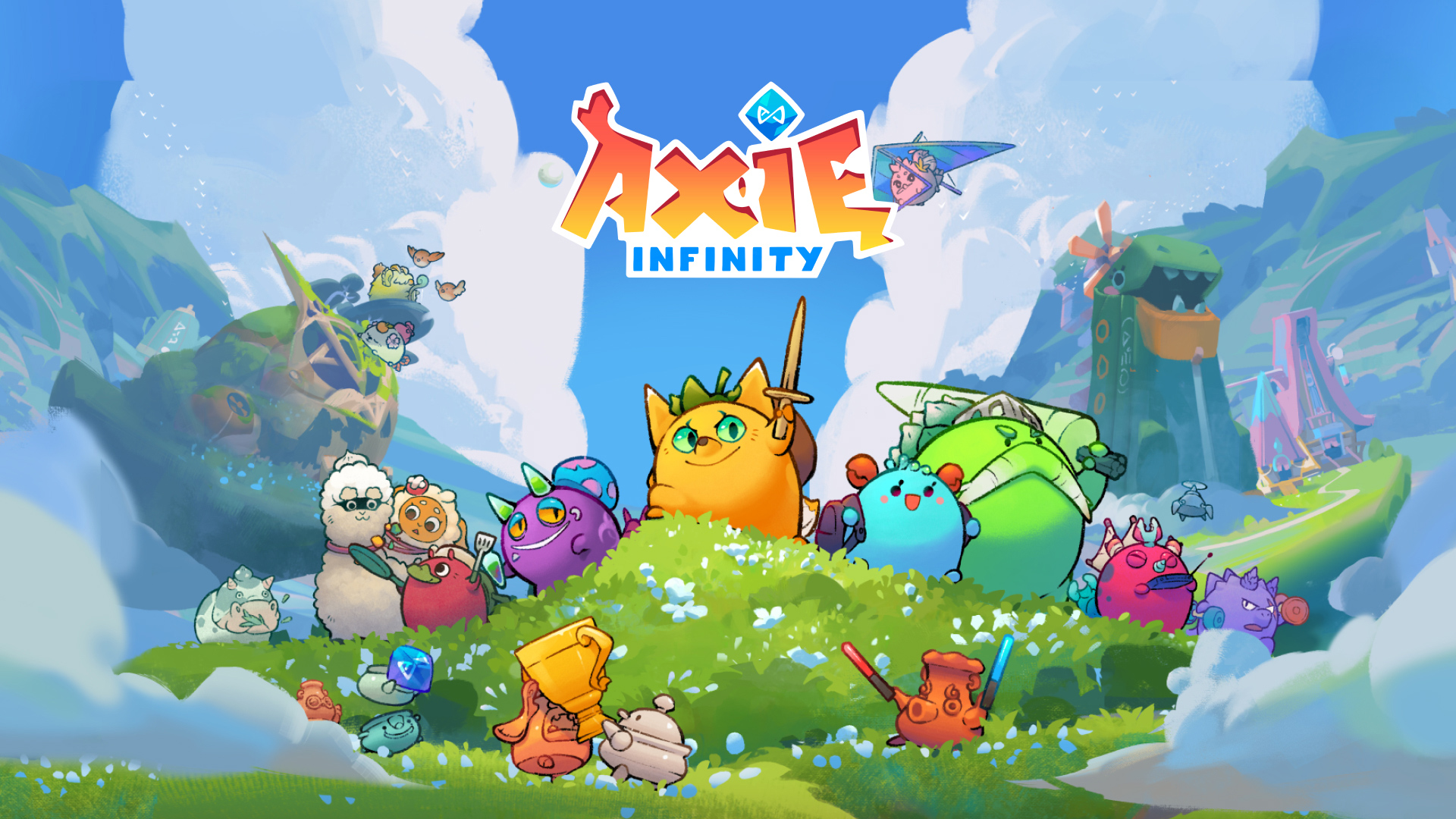
Gala Games is a gaming platform that offers a diverse portfolio of crypto games, including play-to-earn ones. The game’s reward is the GALA token, and it can be used to complete transactions in any game on the platform.
Illuvium is an open-world RPG game where users must win battles, complete quests, and upgrade ranks to win ILV tokens. The game also presents the NFT Illuvial, a creature that users can use in battles.
GamesPad is a launchpad and game incubator that focuses on gaming, NFTs, and metaverse-related crypto projects. We are continuously doing diligent research to find the best projects for our community, ensuring that the deals are legitimate and secure.
To invest with GamesPad, you’ll have to:
Congrats, you have invested with GamesPad!
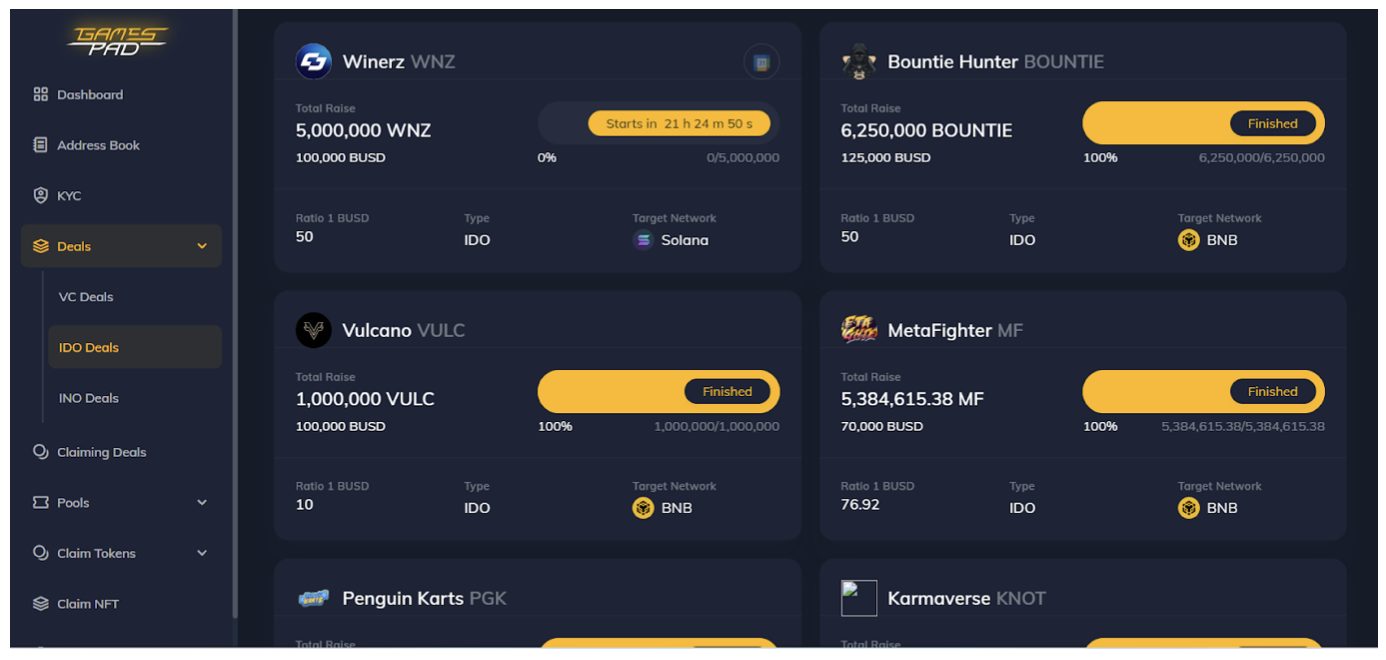
Without a doubt, play-to-earn games are at the center stage of the cryptocurrency world right now. GamesPad is continuously looking for the best emerging P2E games so our community can always have the opportunity to invest in the most promising and profitable projects.
Want to learn more a find another perfect play-to-earn game? Then you will be definitely interested in in-game assets, game’s future development, NFT games, play to earn mechanics, a Metaverse game, upcoming crypto games, gala games, how to create gaming challenges, blockchain games, winning matches, best games, how to earn rewards and win prizes, a virtual world, how to start playing Axie Infinity, win tournaments, top upcoming crypto games, digital multiplayer gaming experiences, and so much more.
Would you like to start investing in the most impactful crypto gaming, NFT and metaverse projects with GamesPad? Learn how in this comprehensive tutorial!
Disclaimer. This material should not be construed as a basis for making investment decisions or as a recommendation to participate in investment transactions. Trading digital assets may involve significant risks and can result in the loss of invested capital. Therefore, you must ensure that you fully understand the risk involved, consider your level of experience, investment objectives, and seek independent financial advice if necessary.